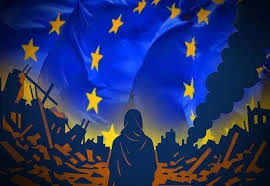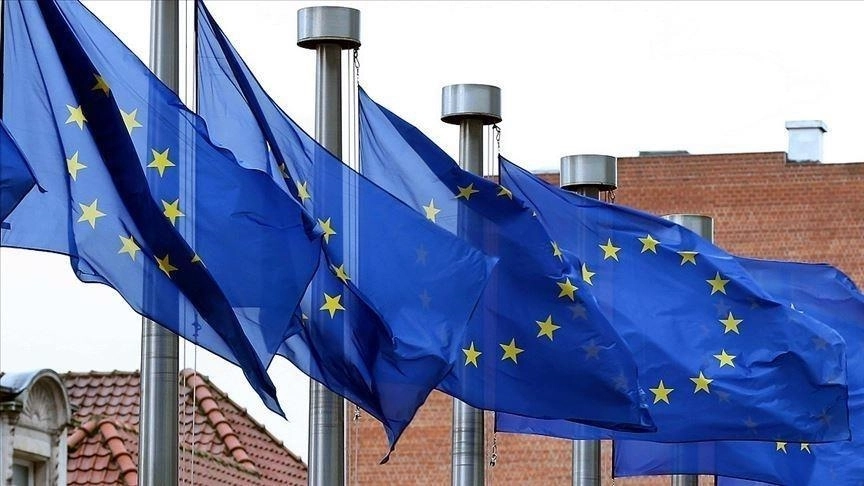What’s Behind the EU’s Fragmented Stance on Gaza?
The European Union (EU), often seen as a unified bloc in global diplomacy, has found itself deeply divided over how to respond to Israel’s military actions in Gaza. While some member states advocate for strong measures, including sanctions, others resist such moves, fearing diplomatic and economic repercussions. This division raises critical questions: Why can’t the EU speak with one voice? And what does this mean for its role in Middle Eastern geopolitics?
For instance, countries like Ireland and Spain have been vocal in condemning Israel’s actions, calling for immediate ceasefires and humanitarian aid. On the other hand, Germany and Austria have maintained a more cautious approach, emphasising Israel’s right to self-defence. This split reflects broader ideological and historical ties within the EU.
The Geopolitical Chessboard: National Interests vs. Collective Action
One of the primary reasons for the EU’s lack of consensus is the varying national interests of its member states. Countries with strong historical ties to Israel, such as Germany due to its WWII legacy, are hesitant to take punitive measures. Meanwhile, nations with large Muslim populations or left-leaning governments, like Belgium, push for a tougher stance.
A real-world example of this dynamic unfolded during recent EU summits, where debates over suspending trade agreements with Israel were stalled due to opposition from key members. The lack of a unified position undermines the EU’s credibility as a mediator in the conflict.
Humanitarian Crisis in Gaza: A Test for EU Values
The ongoing humanitarian catastrophe in Gaza has put the EU’s commitment to human rights and international law under scrutiny. Reports of starvation, displacement, and civilian casualties have intensified calls for action. However, the bloc’s inability to agree on concrete steps highlights a gap between its stated values and practical policies.
For example, while the EU has allocated millions in humanitarian aid, critics argue that without political pressure on Israel, such efforts are insufficient. The situation mirrors past dilemmas, like the EU’s fragmented response to the Syrian refugee crisis, where internal divisions weakened its collective response.

The Role of the U.S. and Global Power Dynamics
The EU’s indecision is further complicated by the influence of the United States, Israel’s strongest ally. Washington’s unwavering support for Israel discourages some EU members from taking bold steps, fearing strained transatlantic relations. This dependency exposes the limits of Europe’s strategic autonomy.
A practical illustration of this is the delayed implementation of the EU’s proposed travel bans on extremist Israeli settlers. While the measure was announced, its enforcement has been inconsistent, partly due to U.S. diplomatic pressure.
Public Opinion and Domestic Politics
Domestic pressures within EU member states also play a significant role in shaping the bloc’s stance. In countries like France and the Netherlands, pro-Palestinian protests have swayed political discourse, pushing leaders to adopt more critical positions toward Israel. Conversely, in Central European states, conservative governments align more closely with Israeli policies.
This divide was evident during the UN General Assembly votes on Gaza resolutions, where EU members often split their votes, reflecting internal political fractures.
What’s Next for the EU’s Middle East Policy?
The EU’s fragmented response to Gaza underscores deeper challenges in its foreign policy framework. Without a cohesive strategy, the bloc risks becoming irrelevant in mediating one of the world’s most protracted conflicts. Moving forward, the EU must reconcile its internal divisions to project a unified and principled stance.
Potential steps could include leveraging its economic power to incentivize compliance with international law or establishing a dedicated Middle East envoy to coordinate policy. However, achieving consensus remains an uphill battle.






